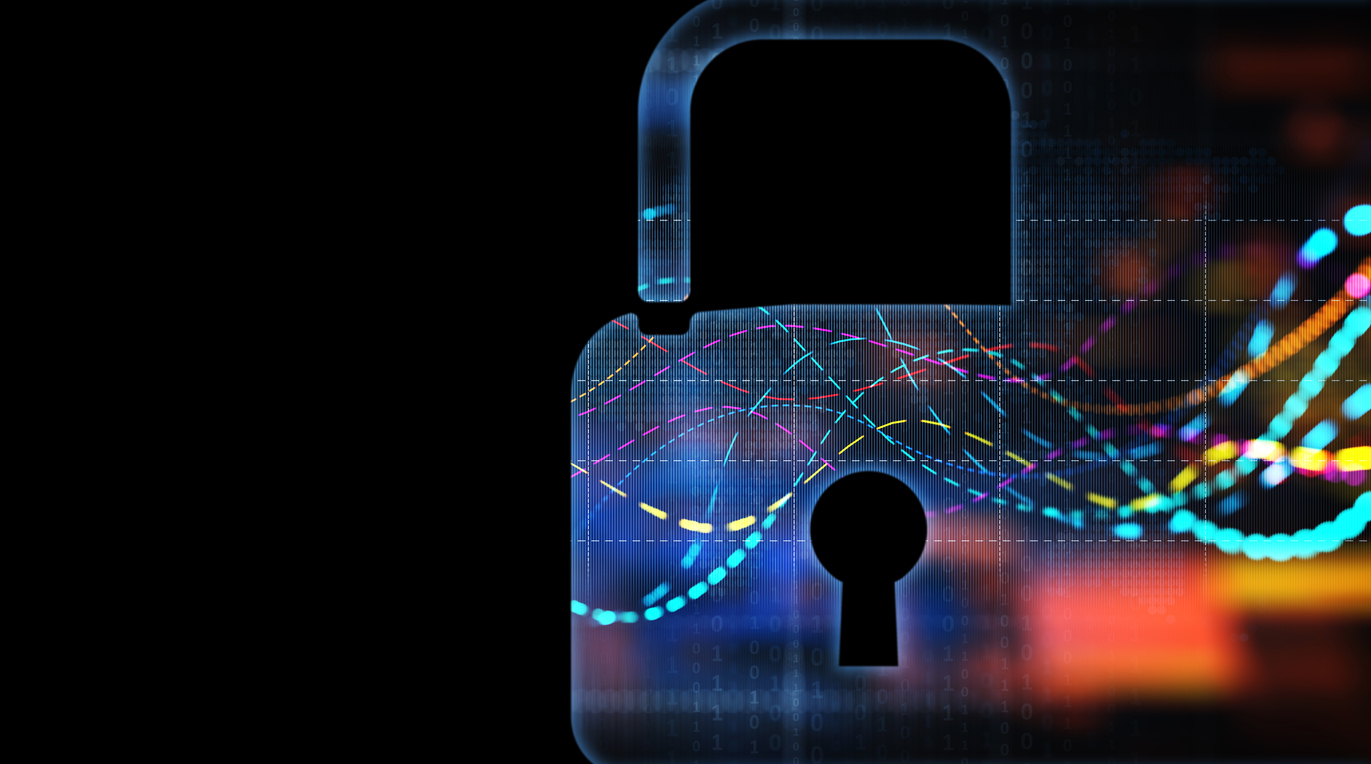Protecting sensitive data stands as a paramount concern for data-centric enterprises. To navigate this landscape effectively, one must first embark on the meticulous task of accurately cataloging sensitive data – this is the essence of sensitive data discovery.
Data confidentiality is a core tenet, yet not all data is created equal. It is imperative to differentiate between sensitive data and information requiring heightened security and care. Sensitive data encompasses a broad spectrum, including personal and confidential details whose exposure could lead to significant harm to individuals or organizations. This encompasses various forms of information, such as medical records, social security numbers, financial data, biometric data, and details about personal attributes like sexual orientation, religious beliefs, and political opinions, among others.
The handling of sensitive data necessitates relentless adherence to rigorous security and privacy standards. As part of your organizational responsibilities, you are required to implement robust security measures to thwart data leaks, prevent unauthorized access, and shield against data breaches. This entails employing techniques such as encryption, two-factor authentication, access management, and other advanced cybersecurity practices.
Once this foundational principle is acknowledged, a pivotal question remains: Does your business engage in the collection and management of sensitive data? To ascertain this, you must undertake the identification and protection of sensitive data within your organization.
How do you define and distinguish between data discovery and sensitive data discovery?
Data discovery is the overarching process of identifying, collecting, and analyzing data to extract valuable insights and information. It involves exploring and comprehending data in its entirety, recognizing patterns, generating reports, and making informed decisions based on the findings. Data discovery is fundamental for enhancing business operations, improving efficiency, and facilitating data-driven decision-making. Its primary objective is to maximize the utility of available data for various organizational purposes.
On the other hand, sensitive data discovery is a more specialized subset of data discovery. It specifically centers on the identification, protection, and management of highly confidential or sensitive data. Sensitive data discovery involves pinpointing this specific type of data within an organization, categorizing it, establishing appropriate security protocols and policies, and safeguarding it against potential threats, such as data breaches and unauthorized access.
What is considered sensitive data?
Since the enforcement of the GDPR in 2018, even seemingly harmless data can be deemed sensitive. However, it’s important to understand that sensitive data has a specific definition. Here are some concrete examples.
Sensitive data, to begin with, includes Personally Identifiable Information, often referred to as PII. This category covers crucial data like names, social security numbers, addresses, and telephone numbers, which are essential for the identification of individuals, whether they are your customers or employees.
Moreover, banking data, such as credit card numbers and security codes, holds a high degree of sensitivity, given its attractiveness to cybercriminals. Customer data, encompassing purchase histories, preferences, and contact details, is invaluable to businesses but must be diligently safeguarded to protect the privacy of your customers.
Likewise, health data, consisting of medical records, diagnoses, and medical histories, stands as particularly sensitive due to its deeply personal nature and its vital role in the realm of healthcare.
However, the realm of sensitive data extends far beyond these examples. Legal documents, such as contracts, non-disclosure agreements, and legal correspondence, house critical legal information and thus must remain confidential to preserve the interests of the parties involved. Depending on the nature of your business, sensitive data can encompass a variety of critical information types, all necessitating robust security measures to ward off unauthorized access or potential breaches.
What are the different methodologies associated with the discovery of sensitive data?
The discovery of sensitive data entails several essential methodologies aimed at its accurate identification, protection, management, and adherence to regulatory requirements. These methodologies play a crucial role in securing sensitive information:
Identification and Classification
This methodology involves pinpointing sensitive data within the organization and categorizing it based on its level of confidentiality. It enables the organization to focus its efforts on data that requires heightened protection.
Data Profiling
Data profiling entails a detailed analysis of the characteristics and attributes of sensitive data. This process enhances understanding, helping to identify inconsistencies, potential errors, and risks associated with the data’s use.
Data Masking
Data masking, also known as data anonymization, is pivotal for safeguarding sensitive data. This technique involves substituting or masking data in a way that maintains its usability for legitimate purposes while preserving its confidentiality.
Regulatory Compliance
Complying with laws and regulations pertaining to the protection of sensitive data is a strategic imperative. Regulatory frameworks like the GDPR in Europe or HIPAA in the United States establish stringent standards that must be followed. Non-compliance can result in significant financial penalties and reputation damage.
Data Retention and Deletion
Effective management of data retention and deletion is essential to prevent excessive data storage. Obsolete information should be securely and legally disposed of in accordance with regulations to avoid data hoarding.
Specific Use Cases
Depending on the specific needs of particular activities or industries, additional approaches can be implemented. These may include data encryption, auditing of access and activities, security monitoring, and employee awareness programs focused on data protection.
Managing sensitive data is a substantial responsibility, demanding both rigor and an ongoing commitment to data governance. It necessitates a proactive approach to ensure data security and compliance with ever-evolving data protection standards and regulations.













